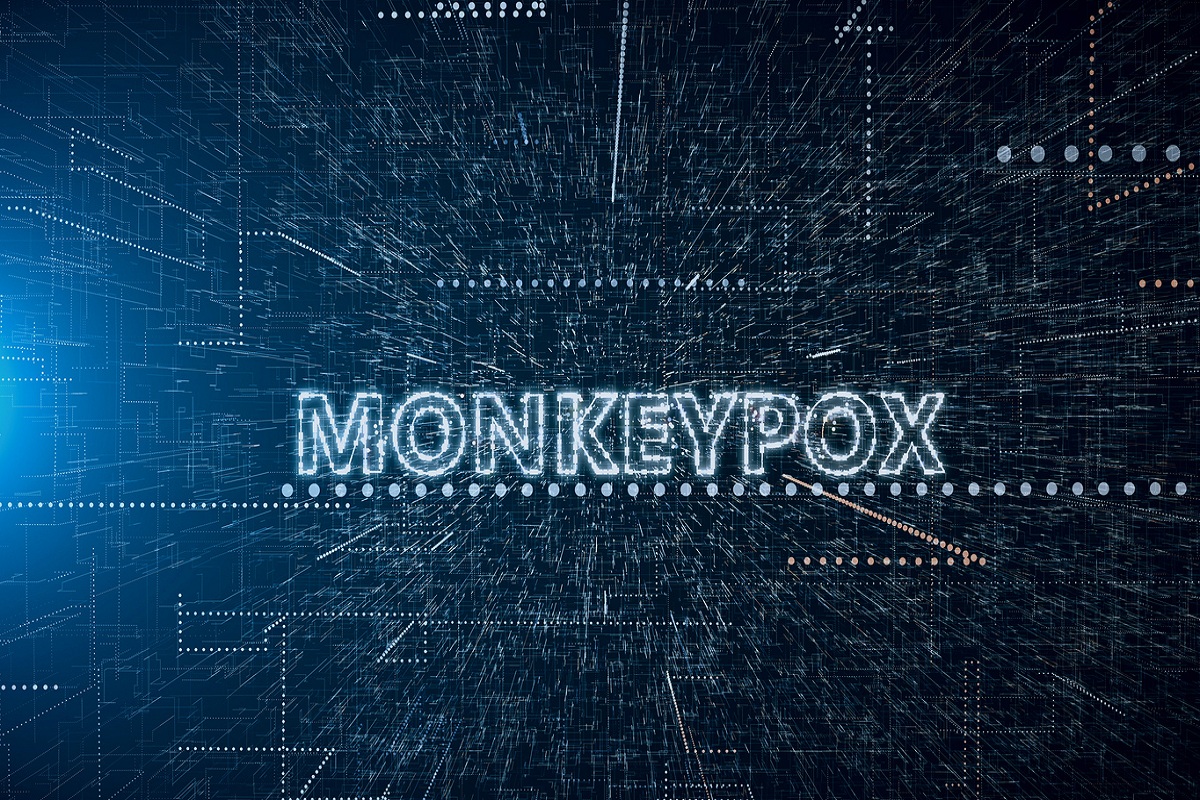Afghanistan: WHO reports surge in acute respiratory disease
According to the WHO report, more than 206,000 people were infected with respiratory diseases during this period, out of which 506 lost their lives.
The declaration by the World Health Organisation (WHO) of Mpox as a global health emergency for the second time in two years underscores a critical issue: the inequity in our global health system.

Representation image (Photo: iStock)
The declaration by the World Health Organisation (WHO) of Mpox as a global health emergency for the second time in two years underscores a critical issue: the inequity in our global health system. While the world has focused its attention on various crises, a devastating outbreak of Mpox in the Democratic Republic of Congo (DRC) has largely gone unnoticed, except by those directly affected and the frontline workers who struggle daily to contain it. This outbreak is the largest and deadliest in Congo’s history, with over 27,000 cases and more than 1,100 deaths since January 2023, predominantly among children.
The emergence of a new, rapidly spreading strain of the virus complicates the situation. It has moved beyond Congo’s borders, affecting neighbouring countries like Rwanda, Uganda, Burundi, and Kenya and has now reached Europe. This new strain, which spreads through close physical contact, has even reached displacement camps, causing alarm among health officials and communities alike. The reality of Monkeypox or Mpox’s spread and impact exposes a glaring gap in how the world responds to health crises, particularly in lowincome countries. Unlike previous outbreaks, which were controlled relatively quickly through behavioral changes and vaccinations, this outbreak has highlighted the stark disparities in access to essential health resources.
Advertisement
When Mpox first caught the world’s attention in 2022, it primarily affected men who have sex with men, a population that was quickly mobilised to adopt safer practices and access available vaccines. This led to a successful containment in many parts of the world. However, African countries, particularly those with long-standing endemic Mpox issues, were left out of the global response. These countries had limited or no access to vaccines that could have protected their most vulnerable populations, such as individuals with compromised immune systems. The current situation in the DRC and its neighbouring countries is a direct result of this inequity.
Advertisement
While the global community has the tools and knowledge to fight Mpox, these resources have not been equitably distributed. As a result, children and other vulnerable populations are suffering the consequences of a new strain of the virus that, in many cases, could be mitigated with the right interventions. This outbreak should serve as a wakeup call. The WHO and other international bodies have once again declared an emergency, hoping to rally the global community to provide much-needed support to affected countries.
But this time, the response must be different. It’s not just about providing vaccines and funding; it’s about addressing the systemic issues that lead to such disparities in the first place. The world has witnessed Covid and seen how quickly a virus can spread and mutate in today’s interconnected society. Ignoring outbreaks in one part of the world can have consequences far beyond its borders. Therefore, it is in everyone’s interest to ensure that all countries, regardless of their economic status, have access to the same tools and resources
Advertisement